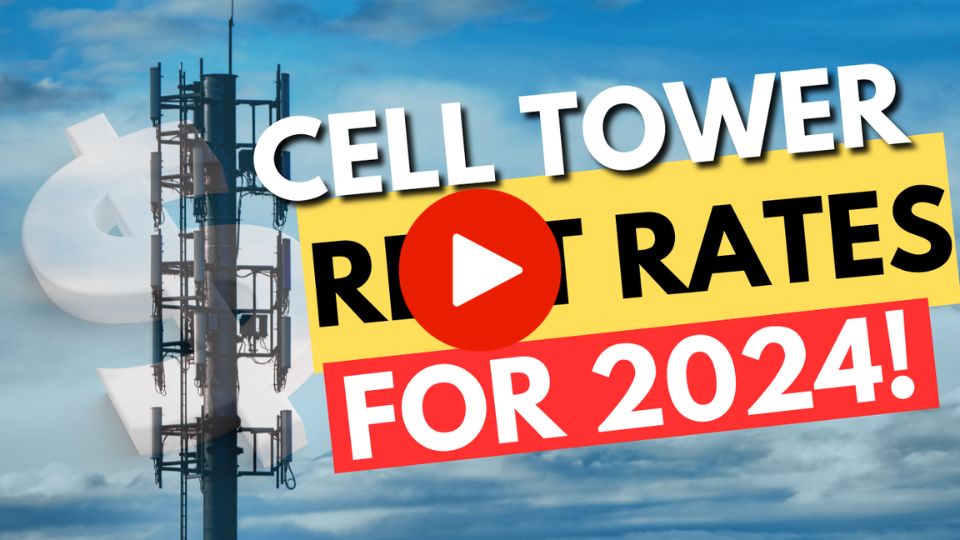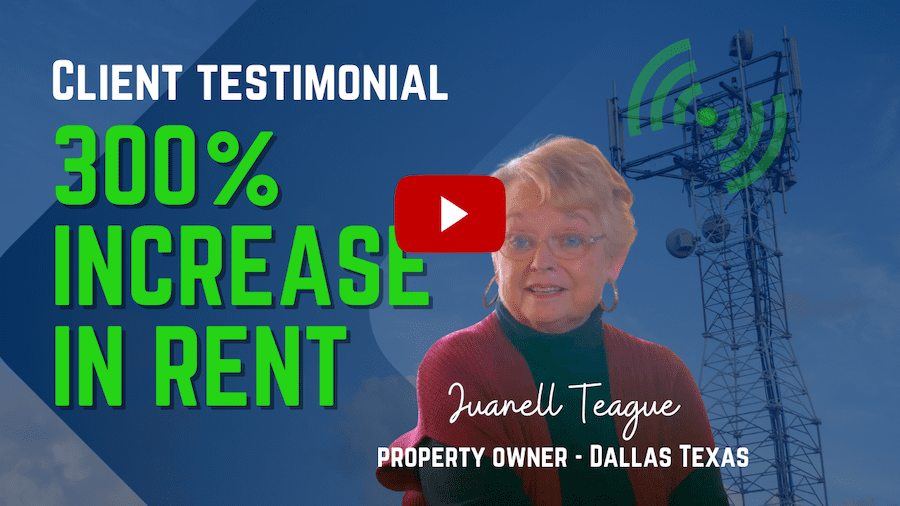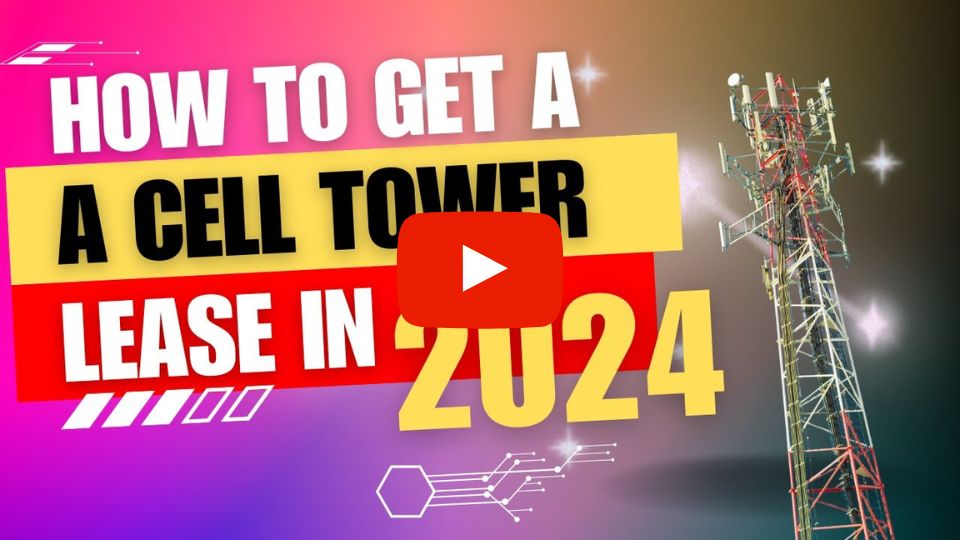Newsy welcomes Hugh Odom, president of Vertical Consultants, to the show to discuss current telecom topics.
Learn more about Newsy & how to watch at https://newsy.com
FULL TRANSCRIPT BELOW:
Chance: Let’s bring in the founder and president of vertical consultants and former AT&T attorney. We are leaving tens of millions of Americans behind. That includes students. We have been talking about fixing this for years. I think Nancy Pelosi has been talking about this for 15, 20 years. Why isn’t it happening.
HUGH: 90% of Americans while they believe the internet is very important to them. And what’s happening is the money for the big telecom companies aren’t being pushed toward those areas. And the reason for that is again return on investment. We are got getting — we are not getting money down to the local areas. They need it for education primarily. Right now most — about 30% of all people in rural areas use their schools and libraries as the primary source of internet. 40 million people in rural areas don’t have fad squat or any high speed internet service available to them.
Chance: It’s not just for streaming Netflix. What is the impact of rural communities not having this. I am thinking this will be billions of dollars left on the table because they can’t sell that stuff.
HUGH: We are going into a digital economy. We don’t have the availability to be part of that. Your businesses go down. Your ability to goat employment are diminished and that continues to divide because you don’t have access to something that’s critical. It’s like a utility, it’s not like having power at your house saying I need you to work from home but you can’t turn on the lights. Other part it’s affect is healthcare. Most people in those areas depend on local hospitals and they can’t get to those hospitals because of the distance away from their house, et cetera. And they have to go online to have health checkups. That’s becomes a barrier to have health services as well.
Chance: Urban areas have infrastructure needs of their own. What would those be?
HUGH: We are talking about 5g. But 5g is contrary to even urban areas. But people in lower income areas are hurt the most because they are not building out at the same level as other areas in the same towns and cities. About 30% of people in the United States make a low income bracket below $30,000 a year primarily use their cell phone as an internet device. So what they need to do. If we look at this as not a piece of infrastructure. Because we are moving from that 20th century economy the way we do work and business around the world to a 21st century yes and education services that we need the infrastructure to support that.



